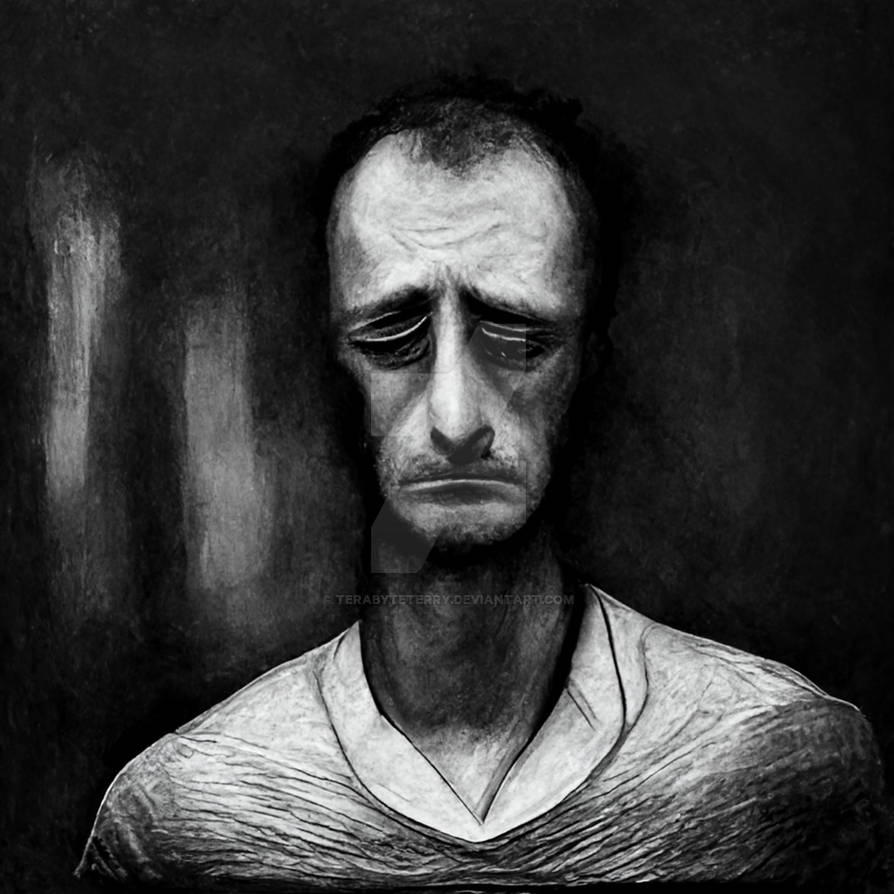
The presence of suffering and disease in this world created by a pure, merciful, and loving “God” remains one of the most controversy and some time makes us reconsider whether it is a false propaganda by religious leaders seeded in human history
In fact, different religious traditions provide different concepts on this complex issue.
Story of original sin
This story of original sin in Western ideas attributes suffering of human starts because of the disobedience of the first humans adam and eve .
Why should the entire human race suffer for the mistake of just two people? Is disobedience, once in their lives, a terrible sin that deserves eternal and cruel punishment? If God is all-powerful and knows the future, why did He place the ‘Tree of Forbidden Knowledge’ in the Garden of Eden instead of placing it in another galaxy?

If He knew what would happen and what the first humans would do, doesn’t that make the idea of ‘free will’ meaningless? Was it part of God’s plan to punish future generations forever? Then this blurs the line between God and the forces of evil.”
Some claims pain a path to reach god ?if this is admissible ,then can we accept cancer, abuse and war as god -made road to his heaven?
Karma and Suffering:
In the philosophies of East, suffering is the consequence of the previous life karma, the past actions in present life . All those which a person undergoes, especially suffering and disease, depend upon karma and karma itself is divided in to three
- Sanchita Karma: Accumulated karma from past lives.
- Prarabdha Karma: Karma being experienced in this life.
- Agami Karma: Future karma created by current actions
This give some thing reason for suffering but lack other factor like environment , others action etc
Karma is not viewed as a divine punishment but rather as a natural consequence of individual action. However, this view raises ethical questions. If someone suffers due to karmic consequences from their past life, does that mean it should be accepted? Also, in the case of committing a crime, does belief in karma legitimize not doing anything and just waiting for the criminals to meet his/her karma in the next life.
MIDDLE AGE MYTH:KARMA DETERMINE ONE BIRTH IN HIGHER CASTE. IF IT IS TRUE THEY WILL NEVER EXPERIENCE PAIN ,SUFFERING,DEATH
- “Hinduism has a vast number of sacred texts, containing more truth and knowledge than any other civilization. However, rulers and dominant groups have influenced or added false propaganda to a small fraction of these texts.
- Divine like Buddha, who is believed to be an incarnation of Krishna, refined and separated these distortions,

FOUR TRUTH
1.The Truth of Suffering (Dukkha)
Life has suffering, like sickness, sadness, and even the struggle to get what you want. No one escapes it.
2.The Truth of the Cause of Suffering (Samudaya)
Suffering comes from wanting things too much (cravings) or being attached to things that don’t last, like money, fame, or even people.
3.The Truth of the End of Suffering (Nirodha)
There’s a way to stop suffering. If you let go of cravings and attachments, you can find peace.
4.The Truth of the Path to End Suffering (Magga)
The way to stop suffering is to follow the Noble Eightfold Path—a guide to living wisely, kindly, and mindfully.
“The Noble Eightfold Path, namely:
- Correct understanding
- Pure intent
- Right speech
- Correct action,
- Right livelihood,
- Right effort,
- Right mindfulness,
- Right mindfulness. “. (dhammacakkappavattana sutta)
Then by following the eightfold path, the individual can reduce suffering in this world and eventually reach an enlightenment that is transcendent of suffering.
TEACHING OF BUDDHA ON IMPERMANENT NATURE OF MATERIAL WORLD
1.Karma and its Fruit:
Good or bad, actions lead to corresponding results, and those results can manifest as suffering, including illness.
The Buddha does not always attribute disease directly to karma of previous life but to current life, acknowledges that certain harmful actions we do —such as violence, greed, and neglecting one’s health—can lead to unfavourable outcomes, including illness
2.Natural Consequence of Impermanence :
The Buddha’s teachings of impermanence (anicca) tell the world that everything, including one’s body, is subject to change and decay. Disease, therefore, forms part of this natural manifestation of a decaying body.
3.Disease A Chance for Enlightenment:
In Buddhism, illness is neither punishment nor reward but simply an opportunity for growth, new insight, and opportunity to feel others pain
4.Mindfulness and mental calmness:
“Just as a snake sheds its worn-out skin, so we must shed our old suffering.” (Dhammapada)
Illness is a reminder that nothing lasts. When suffering from the illness, Buddhists are to utilize mindfulness (sati), patience (khanti), and mental calmness (upekkha). They could then transform their suffering into the means of obtaining wisdom and serenity.
5.May all beings be happy; may all beings be without disease.” (Metta Sutta)
He emphasize universal well-being and compassion: the wish for all beings to be happy, healthy, and free from suffering. , his teachings encourage practices that reduce suffering and promote the welfare of all beings.
While the Buddha himself didn’t prescribe specific herbal medicines, traditional Buddhist communities have developed and preserved herbal medical systems over centuries.
6.Healing and Care for the Sick:
The Buddha also emphasized the practice of giving compassionate service by caring for the sick and taking supportive action. For instance, the Vinaya Pitaka contains the regulations that the Buddha gave to monks with instructions on how to care for sick monks kindly and sensitively.
The sick should be treated with respect. One should think: ‘Here is a fellow human being, suffering from illness and disease. May I provide care for them to ease their suffering.’” (Vinaya Pitaka).
He also encourage the practice of healing by medicine or by any novel method, contrast to some religious belief which ignore medicine and pain and support suffering as a path to reach god
The Buddha’s Opinion About Gods :
While Buddhism is not about knowing the nature god, deities or devas, they are included in the cycle of samsara and therefore subject to the laws of karma and impermanence.
• The Buddha taught that human beings can be liberated through self-effort, ethical conduct, mindfulness, and wisdom rather than relying on any gods.
Conclusion:
Disease and suffering are part of the worldly, impermanent life under Buddhism.
This implies, of course, that disease is not a divine punishment but a result of impermanence, karma, and the inherent suffering of life or dukkha.
By practicing mindfulness, following the Noble Eightfold Path, and embracing compassion, Buddhists can transform their experience of suffering, including illness, into a stepping stone toward enlightenment.

Leave a Reply